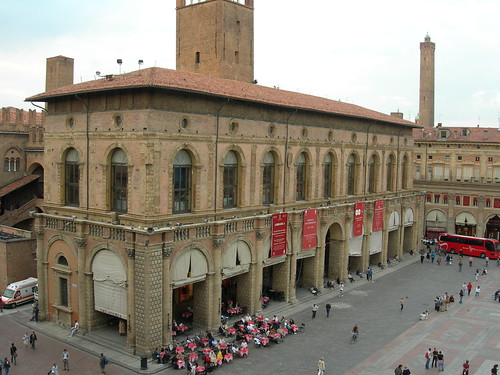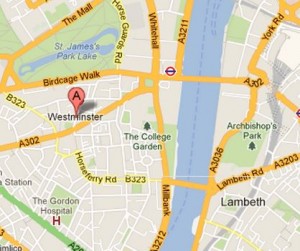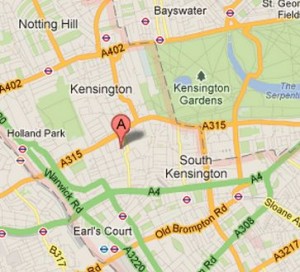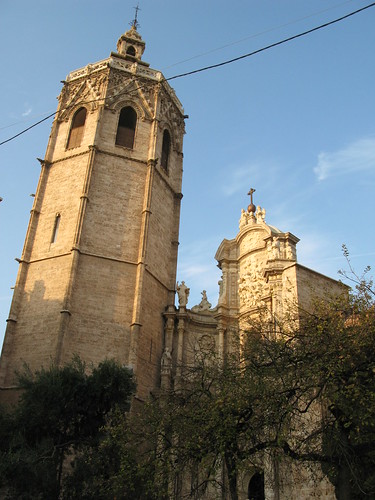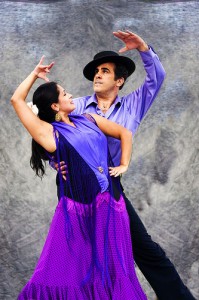The focus on studying modern foreign languages has increased over recent years, with a number of countries making languages a compulsory part of education from a young age. The UK, however, does not generally offer languages until children are older. But is this the right decision?
The fact is that today’s societies are characterised by an amalgamation of different cultures and languages. A number of children are brought up to speak more than one language, but in young children this is something that is generally encouraged and taught at home rather than at schools.
Business benefits
Whilst English is the official language of more countries than any other throughout the world, it does not mean that everyone is able to speak it. Within the world of business there several different languages which are used within negotiations and meetings. This means that an extensive knowledge of languages is often necessary to enhance someone’s chances of success.
Ensuring economic growth
The UK economy, as we all know, is suffering; and it is the opinion of many that increased knowledge of languages could help to rectify this situation. By teaching the younger generations multiple languages, we are able to ensure future business success across international markets, helping to increase revenue and financial growth.
Whilst a number of independent schools already teach languages from a young age, this is not considered the norm within the UK. But, while a number of people feel that teaching languages later in life is just as beneficial, there is a plethora of arguments which state the contrary.
Younger brains learn more easily
It is a generally accepted fact that younger children have a greater propensity for the study of languages, being able to learn the language in a more fluent and natural way. This is because the languages can be learnt alongside the study of their native language, such as English, meaning that their skills are able to develop alongside each other rather than favouring one language over the other.
The advantages to this are that speaking these languages then becomes more natural and fluent, enabling more comfortable and easy conversations later in life. This is an invaluable tool within the business field because it ensures that miscommunications and errors are avoided, facilitating the processes of negotiation.
UK lagging behind other nations
In other nations across the world, the focus on the ability to speak a selection of languages is encouraged from a young age, ensuring that children are able to communicate on a number of levels. This could therefore mean that UK residents are missing out on multilingual benefits by restricting the learning of languages to higher age groups only. This ultimately leads to children being more familiar and comfortable with one language, meaning that their other language skills can appear diminished or lower.
Best for long-term career prospects?
Whether UK schools will decide to start teaching languages at an earlier age remains to be seen, although a number of schools already do. However, the fact remains that those with multi-lingual capabilities are more likely to succeed in the employment market, in which a number of businesses pride these skills above any other.
Written by Sam Luther, a writer working in Independent schools

